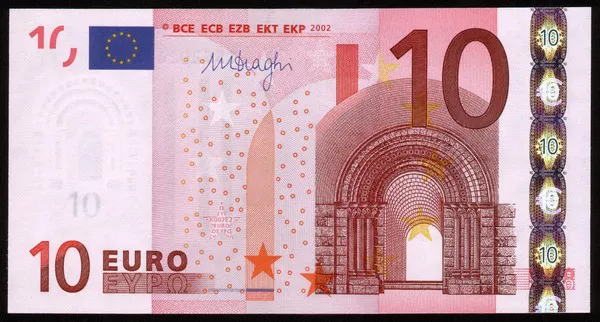During Thursday’s European session, the EUR/GBP pair made strides towards the 0.8520 mark, propelled by a strengthening Euro following encouraging Eurozone Preliminary Manufacturing Purchasing Managers Index (PMI) figures. The Eurozone’s manufacturing sector exhibited signs of improvement, with the PMI rising to 47.4 in May from April’s 45.7, surpassing the anticipated reading of 46.2 and achieving a 15-month high.
Furthermore, the Services PMI within the Eurozone remained stable at 53.3 in May, marginally below the forecast of 53.5. Simultaneously, the Composite PMI climbed to 52.3 from 51.7, marking a year-long peak.
In Germany, the manufacturing sector’s contraction decelerated in May, while the services sector displayed robust performance. The Manufacturing PMI ascended to 45.4, reaching its highest level in four months. Concurrently, the Services PMI elevated to 53.9, hitting an 11-month pinnacle.
Conversely, mixed PMI data in the United Kingdom (UK) aided the Pound Sterling (GBP) in maintaining its position. The seasonally adjusted S&P Global/CIPS UK Manufacturing Purchasing Managers’ Index (PMI) surged to 51.3 in May, up from April’s 49.1, surpassing expectations of 49.5. However, the Preliminary UK Services PMI dipped to 52.9 in May, falling short of the market consensus of 54.7 and declining from the previous reading of 55.0.
Chris Williamson, Chief Business Economist at S&P Global Market Intelligence, commented, “The flash PMI survey data for May signaled a further expansion of UK business activity, suggesting the economy continues to recover from the mild recession seen late last year.”
Moreover, the British Pound received a boost as the Bank of England (BoE) is potentially inclined to postpone its transition towards policy normalization, prompted by the UK Consumer Price Index (CPI) report for April, which indicated that inflation eased at a slower pace than anticipated.


























